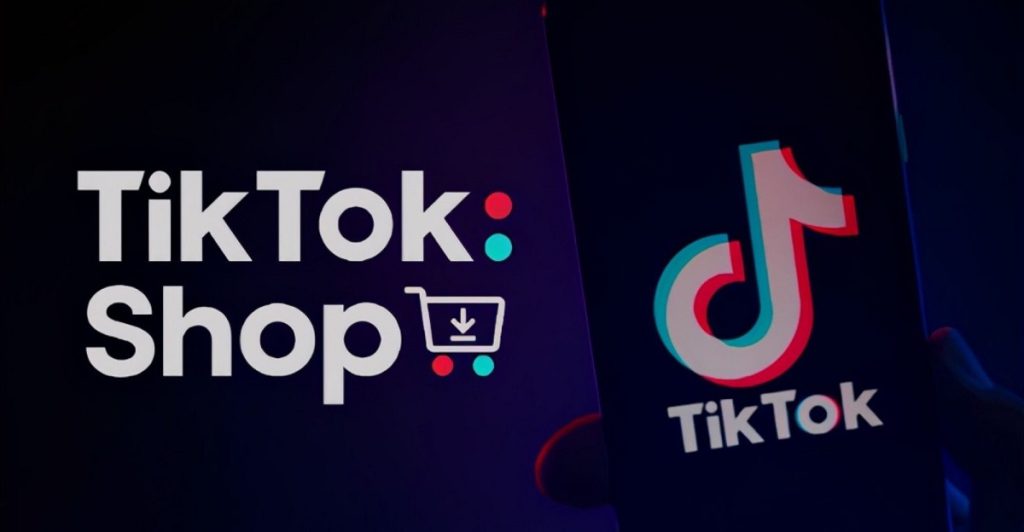The e-commerce scene in Southeast Asia has grown considerably in the past few years, particularly due to the Covid-19 pandemic that has forced everyone to stay home as much as possible. As such, companies like Shopee, Lazada, and Amazon have seen strong growth for the past two years.
And now, a new challenger has appeared, in the form of social media giant TikTok.
While TikTok is primarily known as a social media platform for short videos, the platform is now dipping its toes into something entirely different: e-commerce.
Just last week, the platform announced the launch of its e-commerce venture, TikTok Shop.
Over the past week, users of the app may have seen live videos of sellers promoting their wares. This is not a coincidence — TikTok has spared no expense in trying to ensure the success of their e-commerce arm.
So what will TikTok Shop offer for the e-commerce industry in Singapore, both for sellers and buyers?
Why is TikTok joining the e-commerce industry?
TikTok has primarily been known as a social media platform, but according to the company, social media is also one form of word-of-mouth marketing.
With over 18 billion views and counting on #TikTokMadeMeBuyIt, it is clear that TikTok’s take on digital word-of-mouth marketing is here to stay. TikTok Shop presents the ultimate convergence of content and commerce with unique shoppertainment experiences for all — where we aim to empower businesses of all sizes to authentically and impactfully engage with our TikTok community and enhance our users’ experience to discover and engage with what they love.
– Ng Chew Wee, Head of Business Marketing in APAC

With the e-commerce market volume in Singapore expected to reach US$11.45 billion by 2025, TikTok is hoping to tap on the growth of this industry.
That being said, TikTok is not exactly entering an industry that is untapped. Platforms like Shopee, Lazada, and Qoo10 count monthly visits to their websites in the millions, so new entrants like TikTok must compete with these established brands to succeed.
Empowering local brands and merchants
One feature of TikTok Shop that the company seems to be banking on is its integration of shopping and social media.
“The beauty of TikTok Shop is that it is directly integrated into TikTok to offer a seamless consumer journey,” said Ng Chew Wee, TikTok’s Head of Business Marketing in APAC.
“Online shopping habits are evolving, and consumers are expecting more from brands today before making their purchases. According to our recent study, more users today want branded content to be fun and uplifting.”
The main target audience for TikTok’s new e-commerce venture are local brands and merchants, especially small and medium businesses.
According to Ng, TikTok Shop is meant to help these businesses grow their social presence and drive tangible business results by allowing them to showcase their creativity and build authentic connections with shoppers.
As such, TikTok Shop is designed not just for shoppertainment to be possible, but for it to function as the main method in which sellers get customers.

However, this functionality is not necessarily unique to TikTok Shop. E-commerce sites like Shopee and Lazada have also been experimenting with shoppertainment, allowing sellers to host live shopping events and interactive livestreams.
With this in mind, what is TikTok doing to attract sellers to their platform?
Building a positive atmosphere for buyers and sellers
To encourage sellers to get on board, the platform is offering the TikTok Shop Affiliate Program, as well as the TikTok Shop Seller University.
The Shop Affiliate Program connects creators with sellers through commission-based product marketing, allowing sellers to push out engaging creator-led content, while the TikTok Shop Seller University helps sellers manage aspects of their business, including content creation, livestream production, and store operation.

On top of this, TikTok is currently offering new sellers a waiver of this commission. For now, sellers only need to pay a one per cent payment service fee.
At the same time, TikTok will also be absorbing some shipping costs, and providing sellers with discount vouchers to lure customers.
TikTok Shop will also feature after-sale solutions to support sellers in handling any after-sale disputes, and enable customers to resolve conflicts with sellers.
With Singapore’s e-commerce scene booming, TikTok has undergone a unique journey into the industry — starting out as a social media platform before diversifying, and they seem to be learning well from the other e-commerce giants in the region.
While only time will tell how successful this venture into e-commerce will be, their e-commerce venture seems a natural extension of their mainstay of social media.
As Ng argues, “TikTok’s effect on shopping trends is a powerful cultural phenomenon, one that arose organically, as people flocked to our platform to express themselves, exchange opinions, connect, and learn from each other.”
Featured Image Credit: Pandaily










